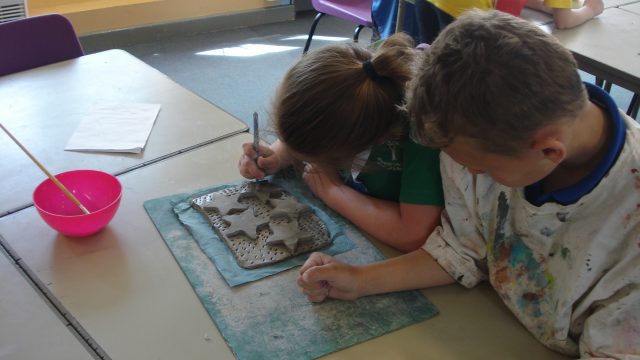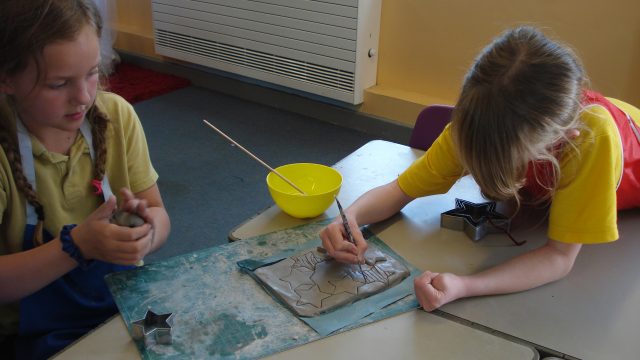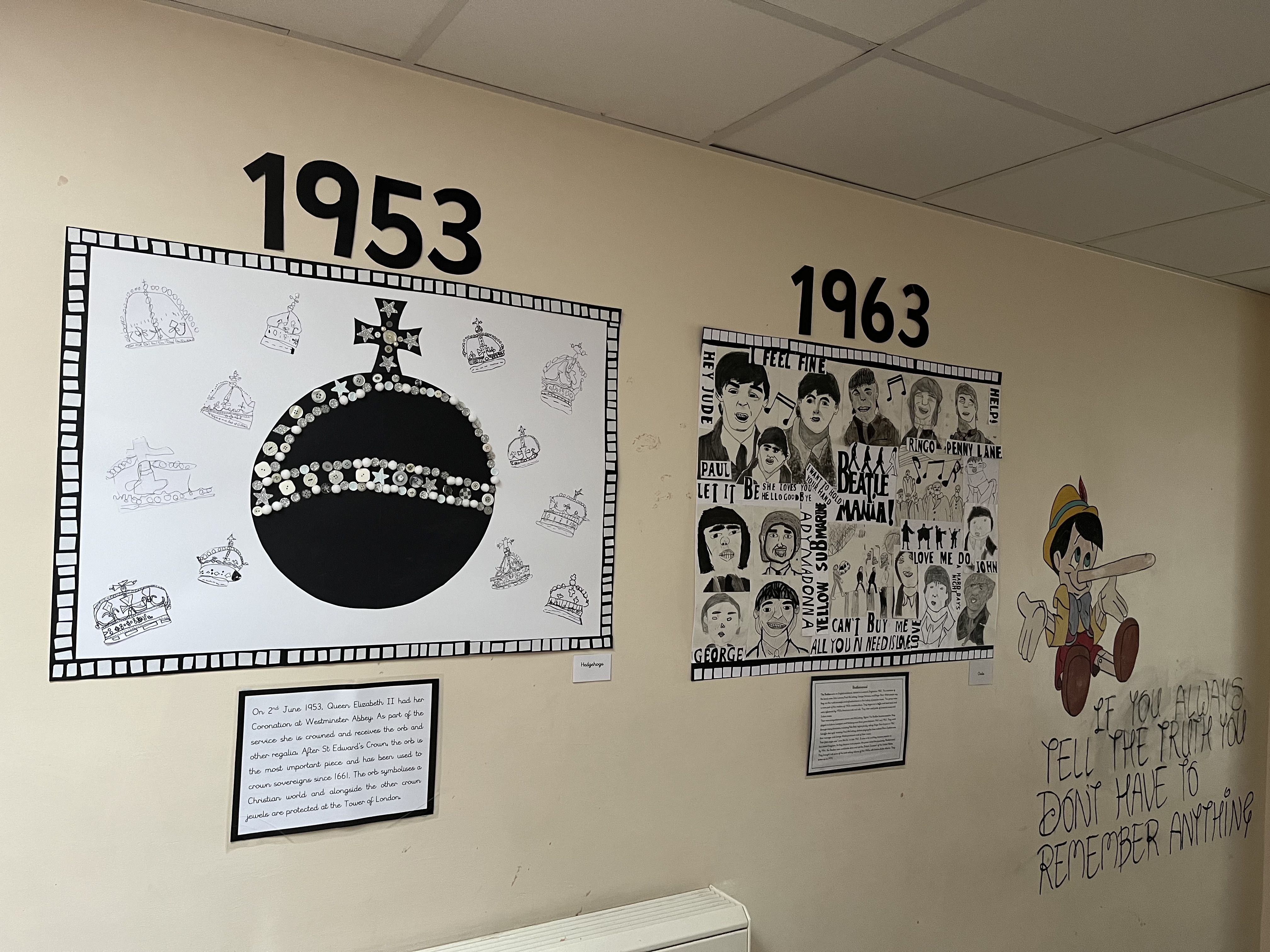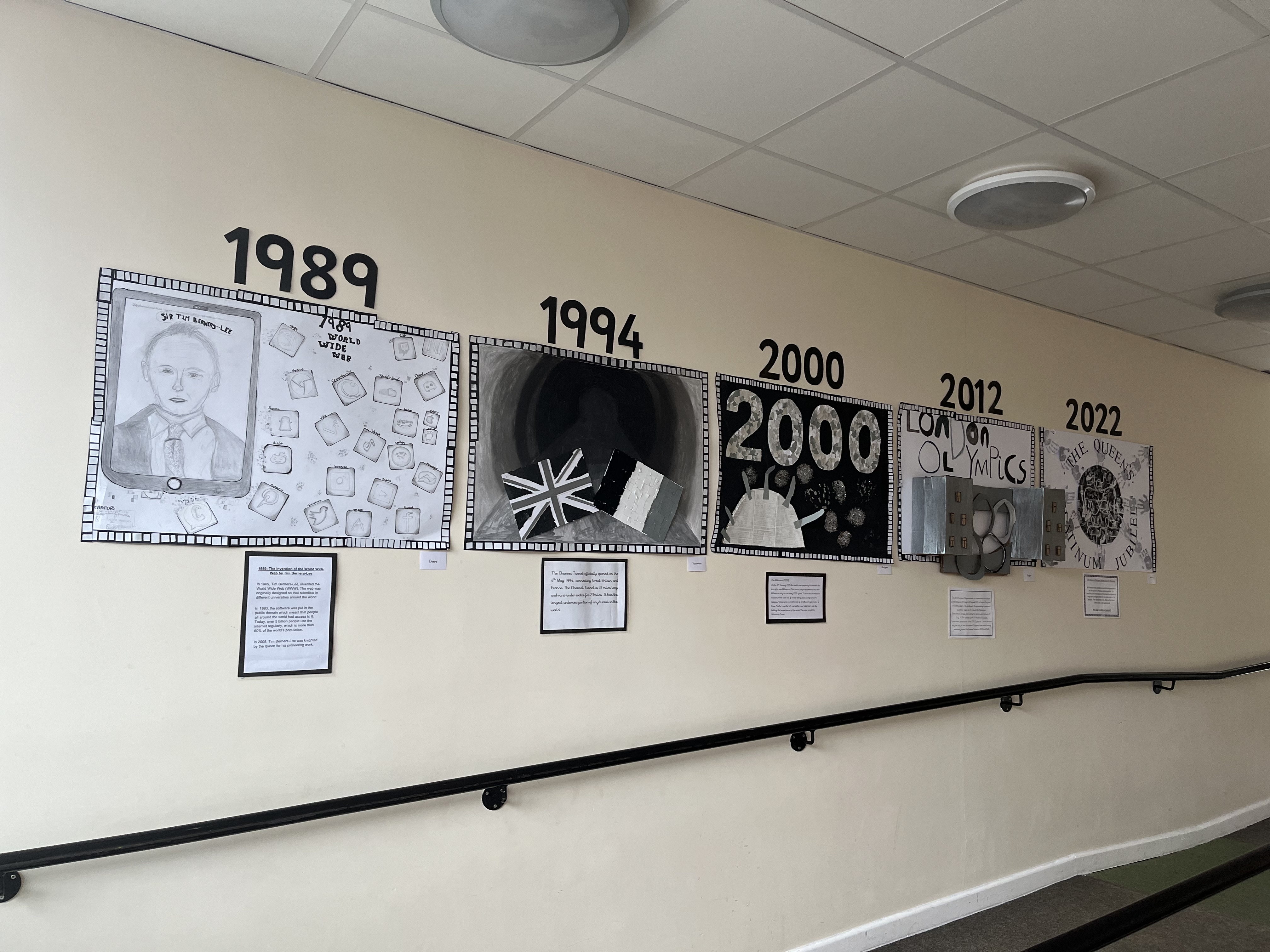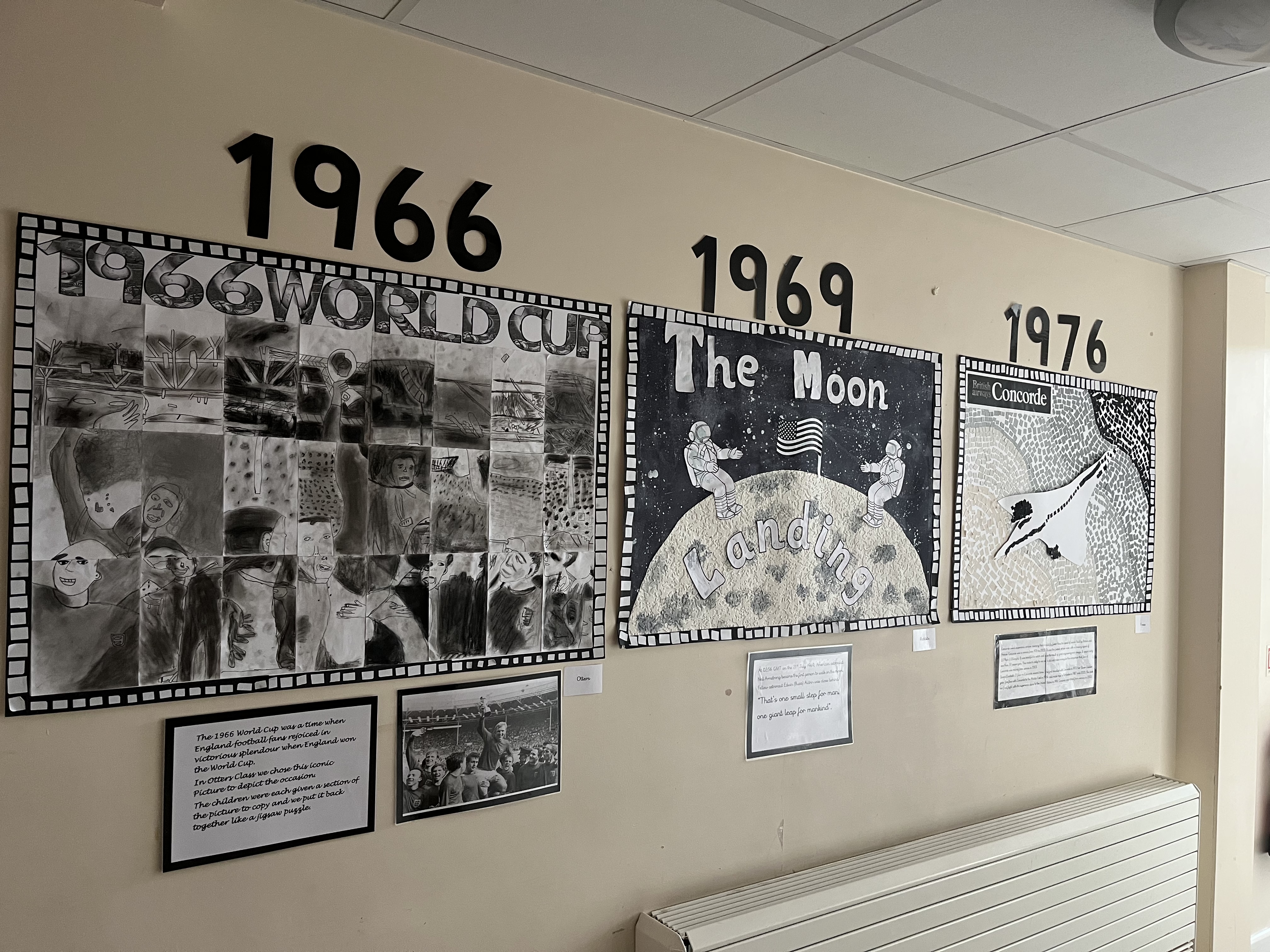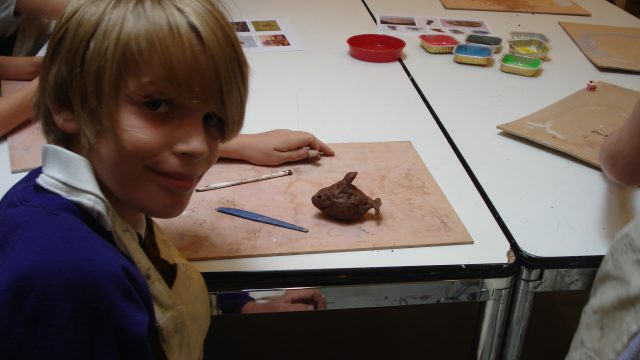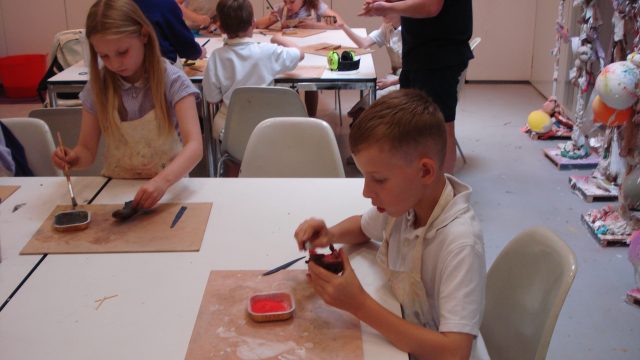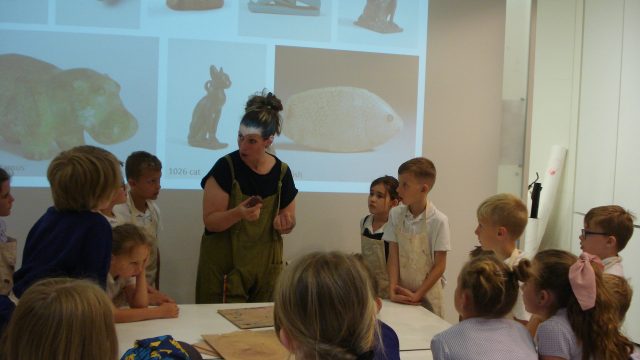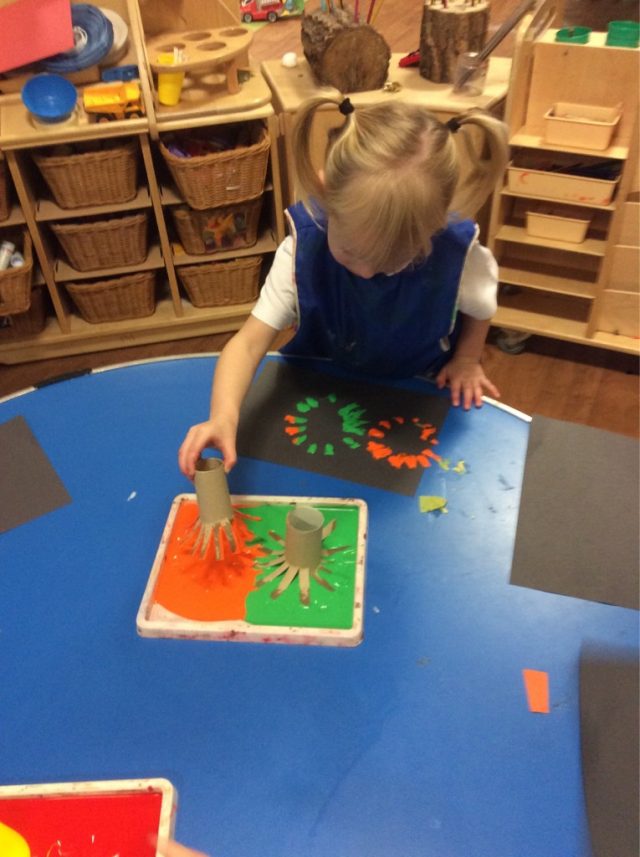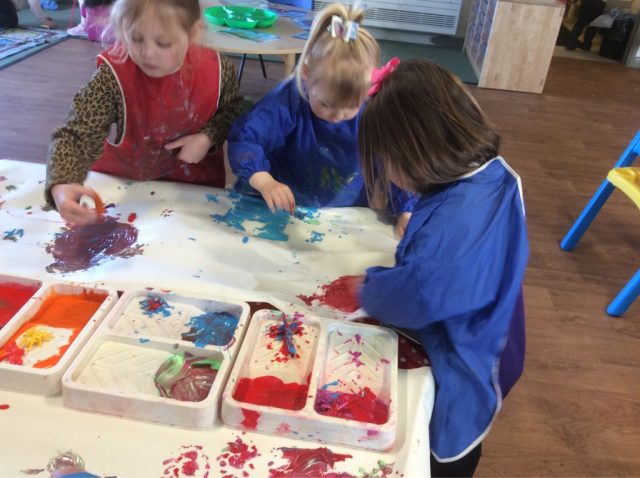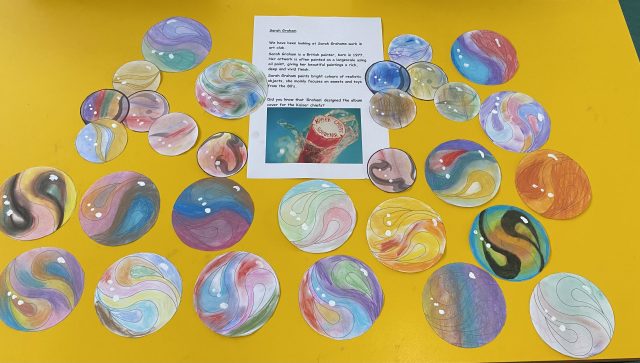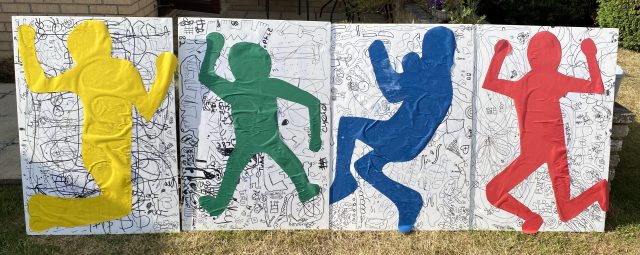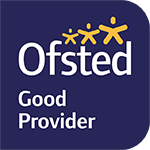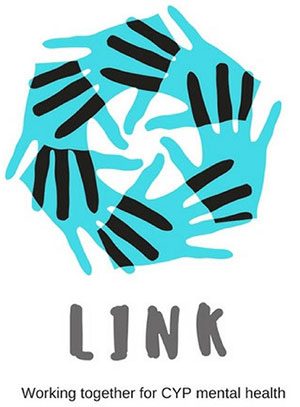Vision Statement
At Moorlands we believe that learning through and about art enriches the school experience. Art and design is a vital part of children’s education and the transferable skills students develop, such as resilience, problem-solving, critical thinking, and self-expression positively influence their overall academic progress and contribute to their personal and social development. At Moorlands, we aim to develop pupils’ artistic skills, nurture their ability to think critically, and encourage them to express their ideas and emotions through various artistic mediums. We aspire to unlock their creative potential and equip them with the necessary knowledge and skills to appreciate and engage with art throughout their lives.
Aims
The National Curriculum for art and design aims to ensure that all pupils:
- produce creative work, exploring their ideas and recording their experiences
- become proficient in drawing, painting, sculpture and other art, craft and design techniques
- evaluate and analyse creative works using the language of art, craft and design
- know about great artists, craft makers and designers, and understand the historical and cultural development of their art form
Delivery
Our art and design curriculum is based on the National Curriculum requirements and supported by Cornerstones Maestro. Art and design is taught as a discrete subject, ensuring the teaching of a broad range of skills which are logically sequenced and revisited throughout the year to allow for progression. Art lessons are based on the four stages of teaching and learning; Engage, Develop, Innovate and Express which enables opportunities for making meaningful connections with other curriculum subjects.
SEND: The art and design curriculum addresses the needs of pupils with special educational needs and disabilities (SEND). It ensures that appropriate adjustments and support are provided to enable all students to engage fully in art education. Differentiation strategies, inclusive resources, and targeted interventions ensure that every pupil can access and benefit from art and design lessons.
Coverage
The skills and knowledge that children will develop are mapped across each year group and throughout the school to ensure progression. Children are given opportunities to express their creative imagination, as well as practise and develop mastery in the key processes of art: drawing, painting, printing, textiles and sculpture.
Disciplinary Knowledge: The curriculum promotes the development of disciplinary knowledge in art and design. Pupils learn about the elements and principles of art, including line, shape, form, colour, texture, and space. They explore how these elements can be combined and manipulated to create artistic compositions.
Theoretical Knowledge: Pupils learn about art history, including significant artists from different cultures and time periods. They study the works and techniques of notable artists and use this knowledge to inform and inspire their own creations.
Practical Knowledge: Practical knowledge plays a vital role in art education. Pupils have the opportunity to experiment with a wide range of art materials and mediums, such as paints, clay, textiles, and digital media. They learn about different techniques and processes, developing their skills and understanding of artistic practices.
Significant Artists from Different Cultures: At Moorlands we recognise the importance of cultural diversity in art education. Pupils explore the works of significant male and female artists from different times and various cultural backgrounds. This exposure helps them appreciate different artistic perspectives and encourages tolerance and respect for diverse cultures.
EYFS
At Moorlands we recognise the importance of art in the Early Years Foundation Stage (EYFS). We encourage the development of creativity, imagination, and self-expression through various art forms, such as painting, drawing, sculpture, and collage. These activities help young learners develop their fine motor skills and explore different materials and techniques. Children are given opportunities to work independently and collaboratively as part of child initiated and adult focused learning within the EYFS curriculum. The adults working alongside the children play an important role in helping to facilitate the children’s imaginative development which lays the foundation for Key Stage 1.
Downloads
Art in Action
Assessment
Assessment in art and design is based on the pupil’s ability to demonstrate their disciplinary and theoretical knowledge, as well as their creativity and ability to reflect on their own work. Pupil’s art skills are assessed and developed by the teacher during every lesson. Formative assessment, whether it be self, teacher or peer, is integrated into every lesson to enable pupils to improve their work and develop a deeper understanding of the materials and processes. Class teachers keep records of work carried out by the children in art portfolios and photographs of pupil’s achievements are stored in online class folders.
Sketchbooks
Sketchbooks are used across the school from yr1 to yr6. At Moorlands we encourage pupils to think of their sketchbooks as a unique place – as their place – different from all other school books, for each pupil to experiment, explore and learn. Sketchbooks are used in art lessons to help facilitate a creative learning journey and enable teachers to track progress in thinking, ideas and mastery of techniques over time.


